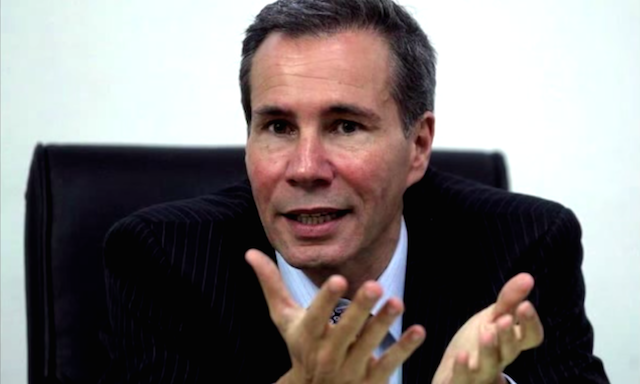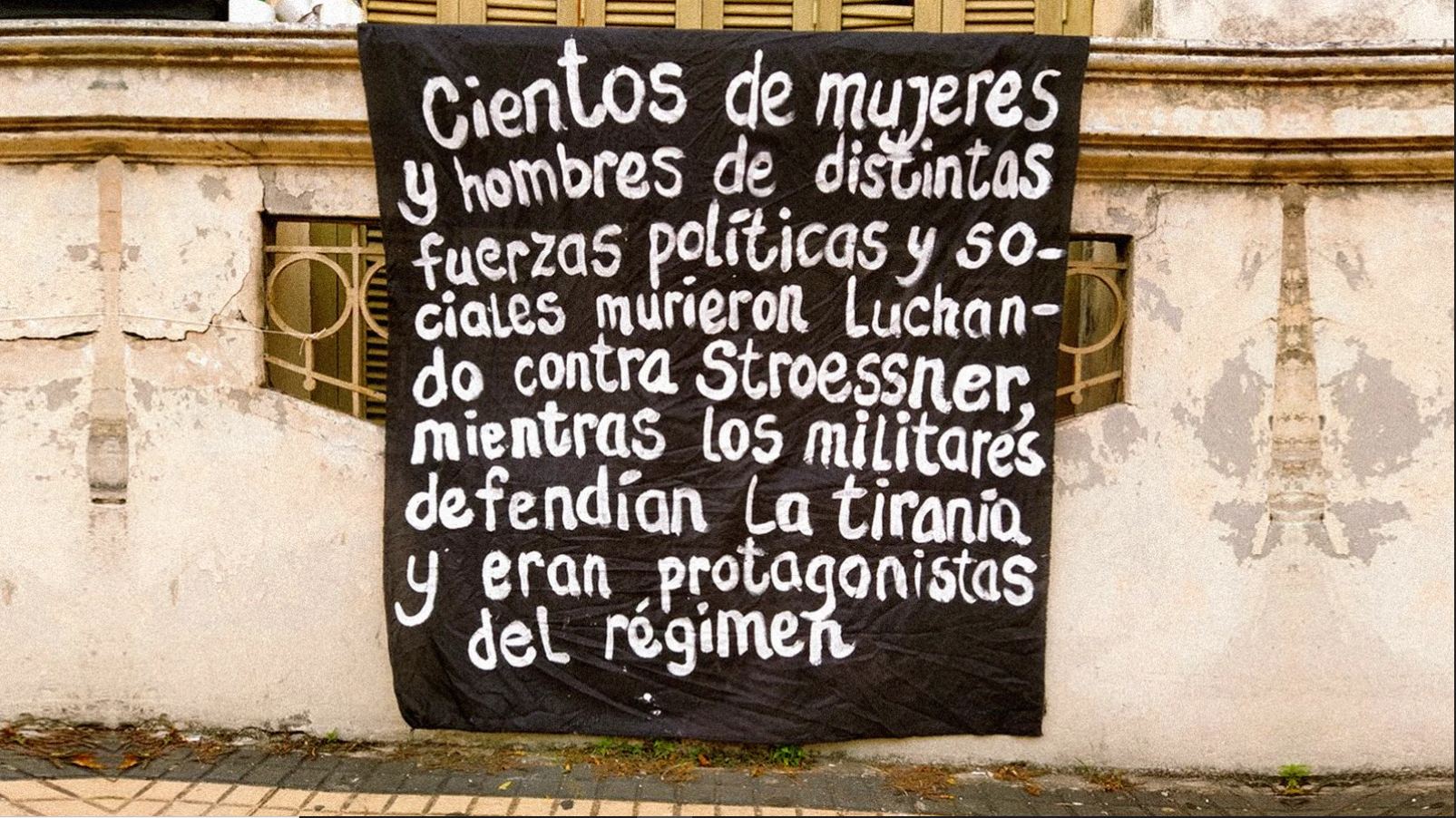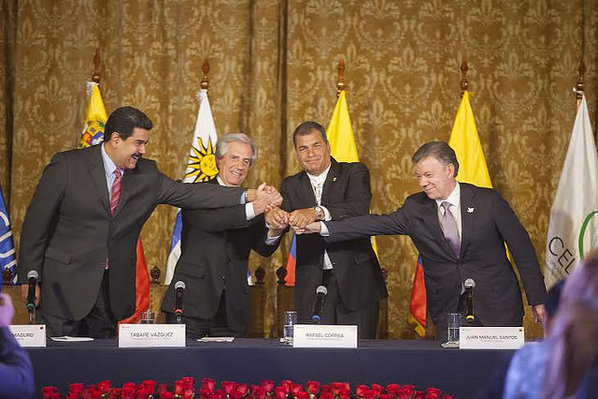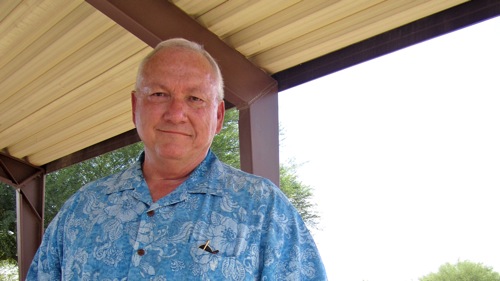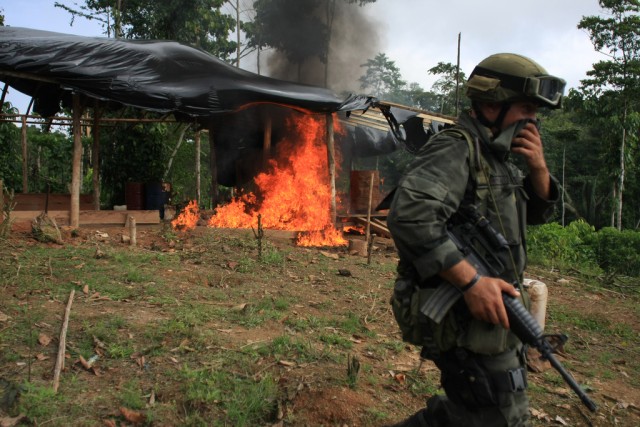
Argentina, Dispatches, Southern Cone
Argentina Lags Behind in Signing Landmark Anti-Tobacco Treaty
March 22, 2015 By Kamilia Lahrichi
ABU DHABI, United Arab Emirates – As countries worldwide move toward reducing tobacco use among their citizens, Argentina remains one of seven U.N. member states — and the only one in South America — to have not yet ratified, after initially signing, a landmark treaty that aims to reduce tobacco consumption and advertising.
Argentina’s delay in ratifying the World Health Organization Framework Convention on Tobacco Control is of particular concern to experts gathered at the 16th World Conference on Tobacco or Health in Abu Dhabi, owing to the South American country’s high rate of cigarette use by individuals — the highest in the Western Hemisphere, according to a 2013 poll conducted by Bloomberg.
The five-day conference, which began on March 17, 2015, brings together policy-makers, health experts and advocacy professionals looking to shed light on the latest developments on tobacco use and control.
The Framework Convention on Tobacco Control is the first intergovernmental treaty to have been put together by the World Health Organization, and stipulates the reduction and regulation of tobacco advertising, an increase in cigarette taxes and the implementation of laws that ban smoking in public spaces, for all countries that have signed and ratified it.
The FCTC, which bills itself as “the first global public health treaty,” was introduced in 2003 and legally activated in 2005. The treaty, according to the World Health Organization website, “has since become one of the most rapidly and widely embraced treaties in United Nations history.”
In 2003, Argentina’s then-President Néstor Kirchner signed the treaty. Twelve years later, it remains unratified, and is therefore not binding.
‘Decadent’ Nation
Argentina has one of the highest smoking rates in the region.
The country also leads the way in cocaine and alcohol consumption in Latin America, according to the 2013 ranking by Bloomberg which found the South American nation to be the 14th most “decadent” country on the planet.
This is a crucial public health issue as tobacco kills more people than HIV/AIDS, tuberculosis and malaria combined. It is the main cause of preventable death.
In Argentina, cigarettes produce over 40,000 deaths a year and generate 21 billion pesos health care costs, according to a 2013 report by the Institute for Health and Clinical Effectiveness in Buenos Aires.The study also specifies that tobacco kills 111 Argentine women a day.
One factor contributing to the high rate of cigarette consumption in the South American nation is the low price of cigarettes. One pack in 2014 cost U.S. $1.70 in Argentina, compared to $3.80 in Colombia, $5.00 in the United States and $8.30 in France. The biggest factor, however, remains the tobacco industry’s influence in the country, itself a major exporter of tobacco.
Pressure from the Tobacco Industry
While Argentina has implemented tobacco control measures in the past — such as smoke-free environments and health warnings — the country has traditionally favored tobacco production over public health, the panelists said.
“In some countries — those which have not ratified the treaty — the tobacco presence is very powerful and they have a strong influence on decision-makers,” said Tibor Szilagyi, Technical Officer at the FCTC, during a journalism training session on March 17 organized by the National Press Foundation in Abu Dhabi.
International tobacco companies, including Philip Morris International, British American Tobacco, Lorillard and RJ Reynolds International, have exerted pressure on Argentine policy-making since the 1970s, he said.
“It is very important that the measures preventing tobacco interference are strengthened,” said Dr. Szilagyi. “This is the difference between the countries that have successfully ratified the convention and those which have not.”
In one example of the South American country’s conflicted relationship with global efforts to reduce tobacco consumption, Argentine politician Ramón Puerta, who briefly served as president during the crisis of 2001, owns a tobacco-producing farm in the province of Misiones, in northeastern Argentina.
Banning Interference
Article 5.3 of the FCTC provides recommendations to prevent the interference of the tobacco industry in policy-making.
It suggests rejecting any partnership between politics and the tobacco industry, as well as avoiding conflicts of interest for the public sector employees, among other measures [CR1].
A June 2013 report by the InterAmerican Heart Foundation, a non-governmental organization in the United States, explained the ways the tobacco industry has advanced its commercial interests in Latin America.
In Argentina, it has developed ties with allies in important sectors. In Mexico, the tobacco industry has lobbied against taxing tobacco products. In Colombia, it has impeded bans on advertising and sponsoring tobacco products.
Another issue, the study underlined, is that in Latin America, tobacco companies have a positive image and are deemed socially responsible.
Image: Mercedes Cárdenas, CC BY 2.0
